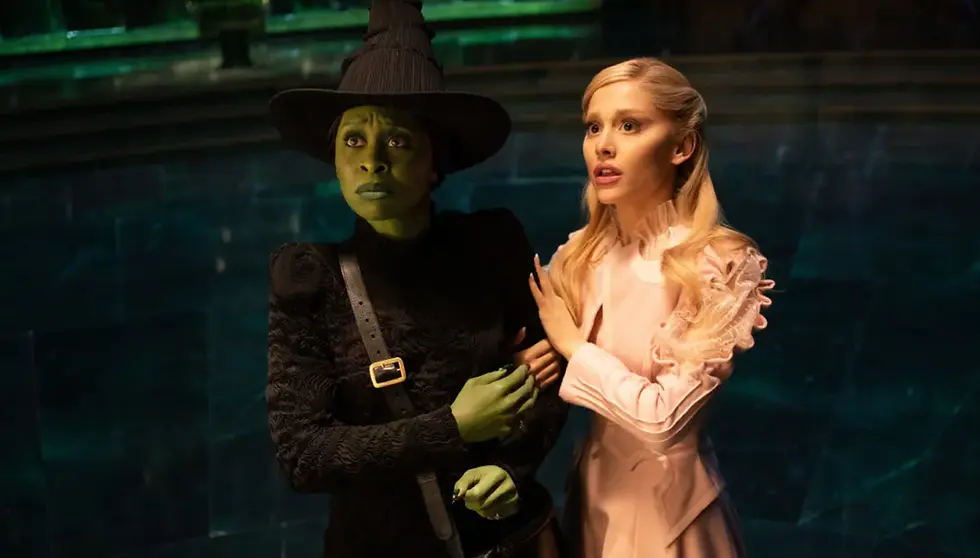David Suchet: Poirot and More - A Retrospective
- comaweng
- Jan 9, 2022
- 3 min read

It’s an odd thing, really, to be sat in a theatre listening to Sir David Suchet reminisce about his twenty-five years playing Hercule Poirot, the Belgian detective created by Agatha Christie. One would have thought a television role would be better remembered in the form of a television documentary – let the other actors who had parts in the television series, crew members, fans of the show, and so on, have their say. And as Suchet points out, how many seats would actually be filled on a Saturday evening in a West End theatre with a pandemic that still hasn’t quite run its course, if it wasn’t for Poirot?
‘Interviewed’ by Geoffrey Wansell – inverted commas mine – Suchet delivers as perfectly as could be expected, with perhaps only one very slight slip which was so negligible in the grand scheme of things I can’t be bothered giving further particulars. His powers of recollection are undimmed in his fifty-third year as a professional actor, even if the production makes good use of Wansell to give structure to an event that could potentially have seen Suchet go on for twice as long as he did. It was hardly the briefest of evenings – by the time I left the Harold Pinter Theatre and turned out of Panton Street and on to Haymarket, most of The Phantom of the Opera audience had already left Her Majesty’s Theatre and Only Fools and Horses at the Theatre Royal had just let out.
It would be too harsh to wonder why Wansell was there at all. The discussion, though evidently carefully crafted and scripted, was more conversational than a dramatic performance would have been. There were dramatics after the interval, when Wansell took leave to allow Suchet to speak at length about how he would approach playing characters in the canon of William Shakespeare (quite what Shakespeare actually wrote, and what may or may not have been written by others, was another discussion for another time). “You don’t have to understand it,” he assured the audience, referring to the terminology in some of the passages of Shakespeare he quoted directly from: the manner in which the lines are delivered can provide sufficient emotion – or indeed, aloofness.
I shan’t comment further on the specifics of Suchet’s approach to Shakespeare, or indeed to other acting roles, including Poirot – that would be giving too much away. But it was intriguing to hear it, especially as it was presented as a personal perspective, rather than one that could or should be seen as a definitive approach to the Bard. There was quite a lot for an evening’s entertainment – and it was, admittedly, refreshing to have something other than The Mousetrap in the West End in terms of Agatha Christie content. The ‘and more’ in the show’s title is very necessary, with talk of thirteen years at the Royal Shakespeare Company, a BBC series in which he played Sigmund Freud, taking his background research to extremes, and a royal invitation to lunch (or was it dinner?) in which HRH The Duke of Edinburgh gave an unforgettable culinary demonstration.
I rather liked the stories about people he encountered who had reason to believe his Hercule Poirot was real, even when meeting him on what was very evidently a television drama being filmed on location. For the most part, there was an easygoing affability about Suchet, which made the evening a warm and inviting one.




Comments